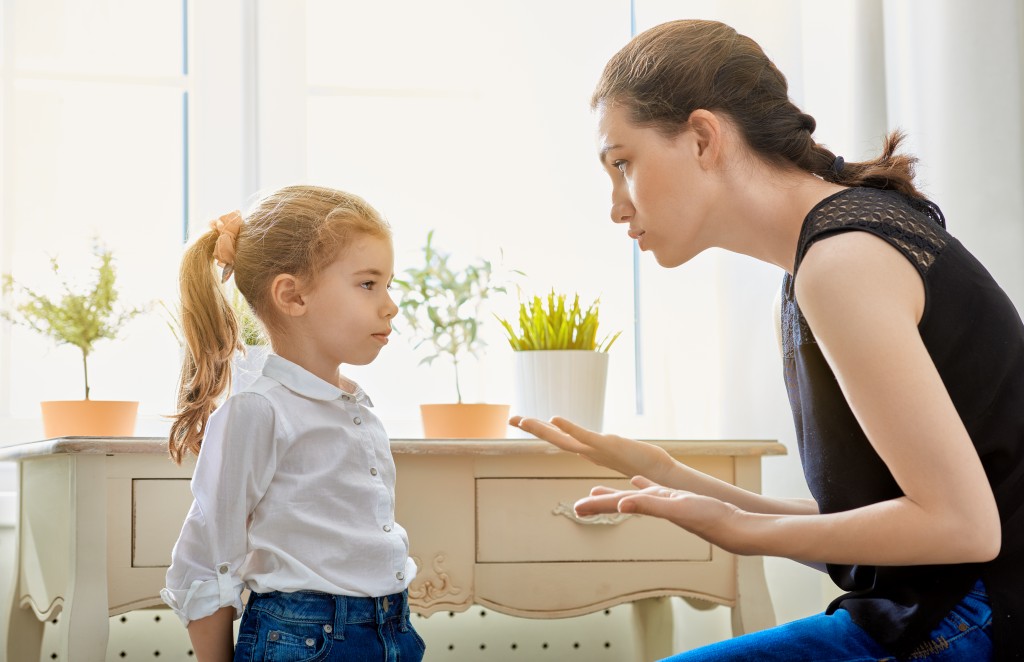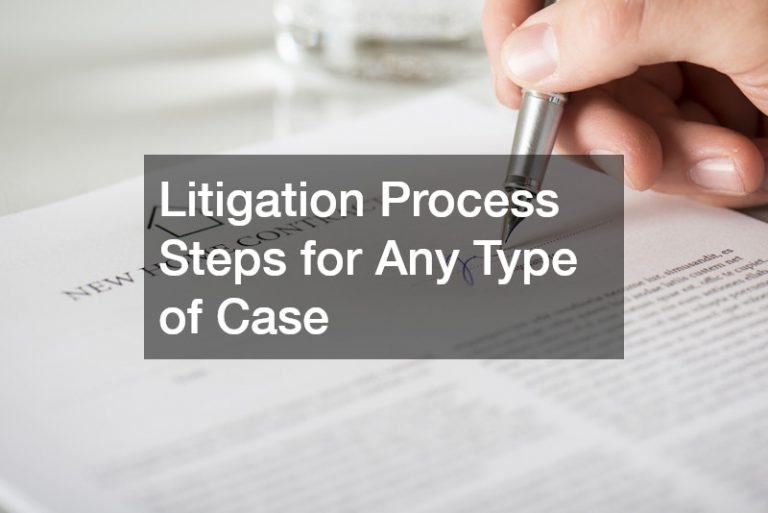Getting a divorce is a hard thing for any family to go through. One of the divorce’s biggest changes is how parenting duties are divided between the Mom and Dad. While it can be difficult to adjust at first, there are some ways to ensure that both parents successfully fulfill their responsibilities.
How Parenting Duties Are Divided After a Divorce:
There are many ways that parents can choose to divide their responsibilities after a divorce. The most important thing is that they come to an agreement that works best for them and their child. A few common ways that parenting duties are divided are:
- One parent has full custody, while the other parent has visitation rights
- Both parents have joint custody and share responsibility for raising the child
- Each parent has primary custody of one or more children from the marriage, while the other parent has visitation rights
It’s also important to consider how you divide holidays, birthdays, and special occasions. Will you alternate years? Celebrate together as a family? Have separate celebrations? There is no wrong answer as long as you and your ex-spouse are on the same page. You may also divide caretaking responsibilities such as doctor’s appointments, school activities, and extracurricular interests. And in case one party can’t fulfill due to unforeseen circumstances, you may need to factor in childcare options.
What Parental Responsibilities Mean
While parental responsibilities will differ for every family, there are some general things that all parents need to do to fulfill their responsibilities. These include providing love, support, discipline, guidance, and financial stability for their child (or children). It’s also important to be involved in your child’s life as much as possible and ensure they have what they need to succeed.
Even though parents have different parenting styles, working together is important to provide your children with the best care possible. Communication is key to successful co-parenting, so make sure you talk openly and honestly with each other about your child’s needs and expectations. Of course, it’s also important to remember that your child’s happiness should always come first. Always have the children’s best interests at heart and try to keep your issues from interfering with their well-being.
What Children Can Expect from Divorced Parents

When it comes to children of divorced parents, they can expect their parents to provide them with love, support, guidance, discipline, and financial stability. They should also be able to count on both parents being involved in their lives and ensuring they are getting the best care possible. While it may take some time for children to adjust to the changes, both parents must provide a stable and loving environment. If parents do not end up on good terms, they need to respect each other in front of the children and provide them with a safe and happy home.
Providing Child Support
A parent’s most important responsibility after a divorce is providing child support. This financial obligation helps provide the necessary costs for raising the child, including food, clothing, educational expenses, medical needs, and more. Remember that as parents, you are required by law to provide financial support for your children until they turn 18 (or 21 in some states).
It’s important to review state laws and talk with a lawyer or mediator to ensure your obligations are met. How you support your child after a divorce can be different for everyone. Still, both parents must talk openly and come up with an agreement that works in the child’s best interests. Remember that being unable to pay child support is not an excuse for neglecting your responsibilities. If you are having trouble with payments, be sure to talk to a lawyer or mediator as soon as possible. You may lose your rights if you fail to pay child support.
Tips for Successful Co-Parenting After a Divorce
Being divorced does not mean both parties can’t successfully co-parent their children. You can civilly approach this if you focus on what is best for the kids and put your differences aside. Here are some tips for successful co-parenting after a divorce
- Set firm boundaries and stick to them. Don’t let your emotions get in the way of making decisions about your child’s care or well-being.
- Be respectful of each other when talking about parenting issues.
- Ensure your child knows both parents are still involved in their lives and care about them.
- Talk openly and honestly about parenting decisions.
- Be flexible with visitation schedules and other arrangements.
- Put the best interests of your child first at all times.
- Focus on the positive aspects of co-parenting, such as shared responsibility and the support of a larger family network
Most importantly, remember that your child needs both of their parents, and don’t let your differences get in the way. With open communication and a willingness to work together, you can successfully co-parent after a divorce and provide your children with the best care possible.


